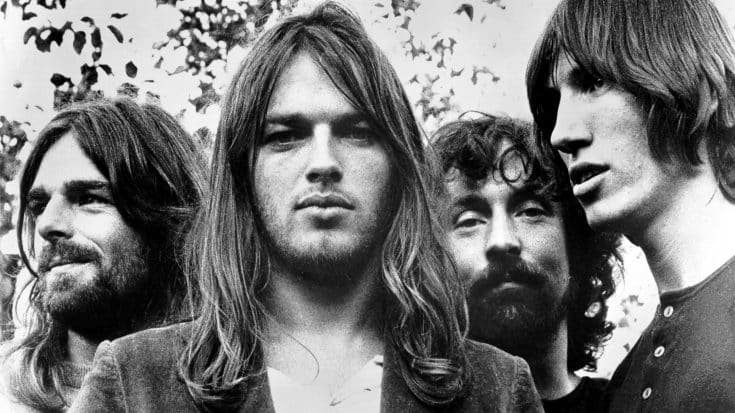Why “Animals” By Pink Floyd Never Went Number 1

UNITED KINGDOM - CIRCA 1973: Pink Floyd, (L-R; Rick Wright, Dave Gilmour, Nick Mason and Roger Waters) pose for a publicity still circa 1973. (Photo by Michael Ochs Archives/Getty Images)
The album marked a turning point for the band as Roger Waters assumed full control, leading to a shift in musical style. Despite being hailed by fans as Pink Floyd’s best work, Animals faced challenges that prevented it from reaching number one.
Diverging from Floyd’s earlier sound, the music incorporated elements of Punk Rock, but critics were harsh, nearly condemning the album. Its failure to top the charts was attributed to the drastic changes in musical direction. Despite its undeniable brilliance, Animals remained vastly underrated, boasting cohesiveness, a thematic arc, and a politically charged tone that resonated with the times.
Characterized by heavy and unique lyrics, the album used the metaphor of a stone to capture the negative vibes of its era, making it remarkably relevant even today.
The gritty, bleak, and angry nature of the lyrics, particularly in expressing the weight of the stone, contributed to the album’s inability to secure the top spot. Roger Waters showcased his writing skills by presenting a fully optimistic perspective within the darkness.
The album’s failure to hit number one also stemmed from its politically charged content, challenging government control and advocating for the rise of the sheep. Pink Floyd’s alignment with the political climate further hindered its mainstream success.
Critics argued that Animals fell short due to its mediocrity, citing David Gilmour’s limited vocal contribution and the extended presence of Waters’ vocals. The length of the songs also played a role in its commercial performance.



















